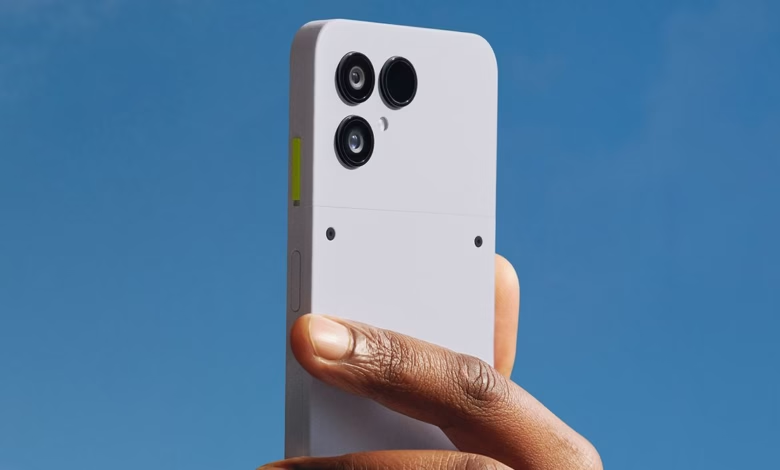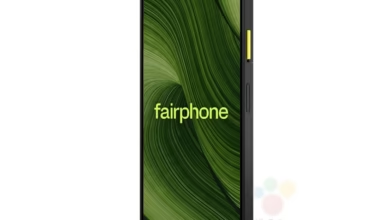Fairphone’s New Plan to Make You Care About Sustainability

▼ Summary
– Fairphone 6 is the latest ethically designed smartphone, focusing on sustainability, fair labor, and modular repairability.
– The phone offers 12 replaceable parts and promises eight years of software updates, including seven major Android upgrades.
– Despite its innovations, Fairphone sales remain stagnant at around 100,000 units annually, dwarfed by mainstream competitors like Apple.
– Analysts note sustainability isn’t a primary driver for most buyers, who prioritize price and brand over ethical considerations.
– The EU’s Ecodesign Directive may push larger rivals to adopt some Fairphone-style sustainability and repairability features.
Fairphone continues to push the boundaries of ethical smartphone production with its latest model, the Fairphone 6, but consumer interest remains frustratingly low despite its industry-leading sustainability efforts. The company has built a reputation for prioritizing fair labor practices, modular design, and long-term software support, yet sales figures suggest most buyers still prioritize brand recognition and affordability over environmental and social responsibility.
Since its debut in 2013, Fairphone has stood alone in the tech industry by offering phones designed for longevity and repairability. The Fairphone 6 maintains this ethos with 12 replaceable components, including the battery, display, and camera modules. Remarkably, spare parts for models as old as the Fairphone 2 (released in 2015) remain available, a stark contrast to competitors that often phase out support within a few years. iFixit consistently awards Fairphone devices a perfect 10/10 repairability score, a distinction no other smartphone brand has achieved.
Despite these advantages, Fairphone struggles to break into the mainstream. Annual sales hover around 100,000 units, a drop in the ocean compared to giants like Apple, which reportedly sold 37 million iPhone 16 units in a single weekend. Analysts point to price and brand loyalty as the primary obstacles. While the Fairphone 6 is more affordable than its predecessor at £499/€599, budget-conscious shoppers can still find cheaper, higher-spec alternatives from mainstream brands.
Jan Stryjak, a sustainability research lead at Counterpoint, notes that while Fairphone’s mission is commendable, it remains a niche player. “Sustainability isn’t yet a top priority for most consumers,” he explains. “People care more about cost and familiar brands, especially in competitive markets like Europe.”
Fairphone’s struggles highlight a broader industry challenge. The company invested heavily in marketing and expansion in 2023, resulting in a €20 million loss and leadership changes, yet sales barely budged. Meanwhile, EU regulations like the Ecodesign Directive are pushing larger manufacturers to adopt longer software support and better repairability standards, potentially diluting Fairphone’s unique selling points.
The question remains: Will consumers ever prioritize sustainability over convenience and price? For now, Fairphone’s uphill battle continues, proving that even the most ethically sound products face an indifferent market.
(Source: Wired)
